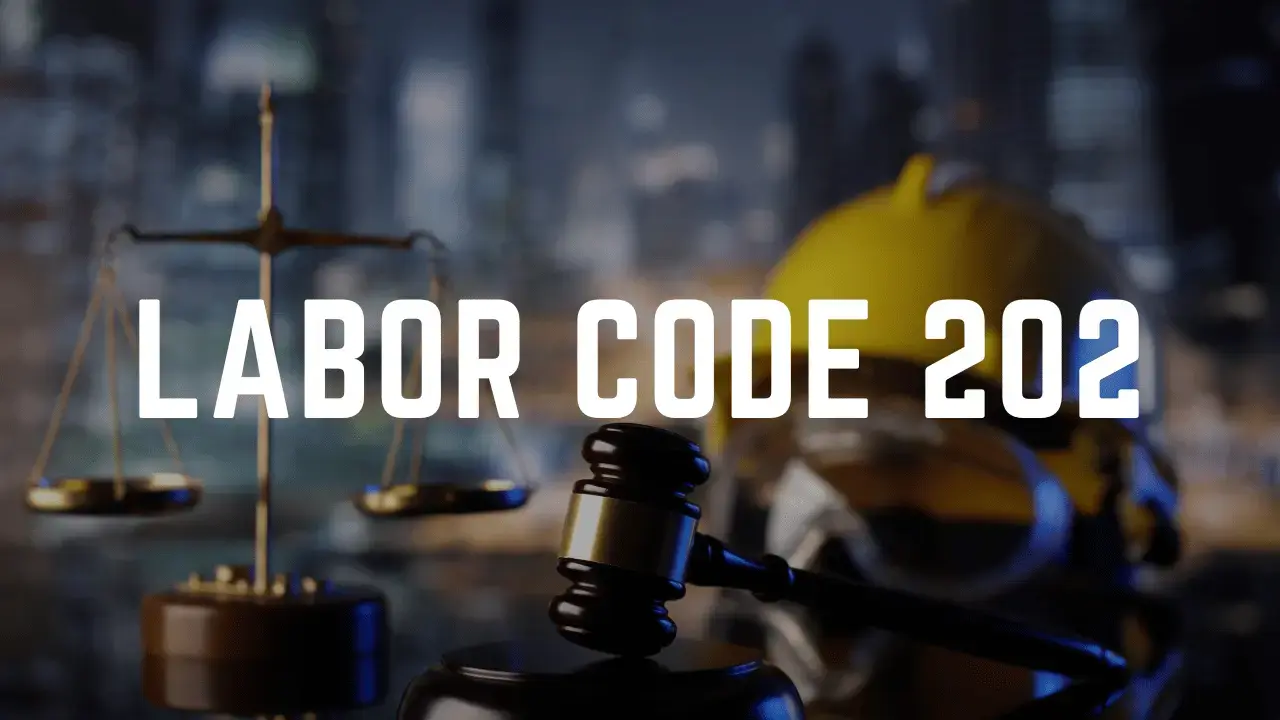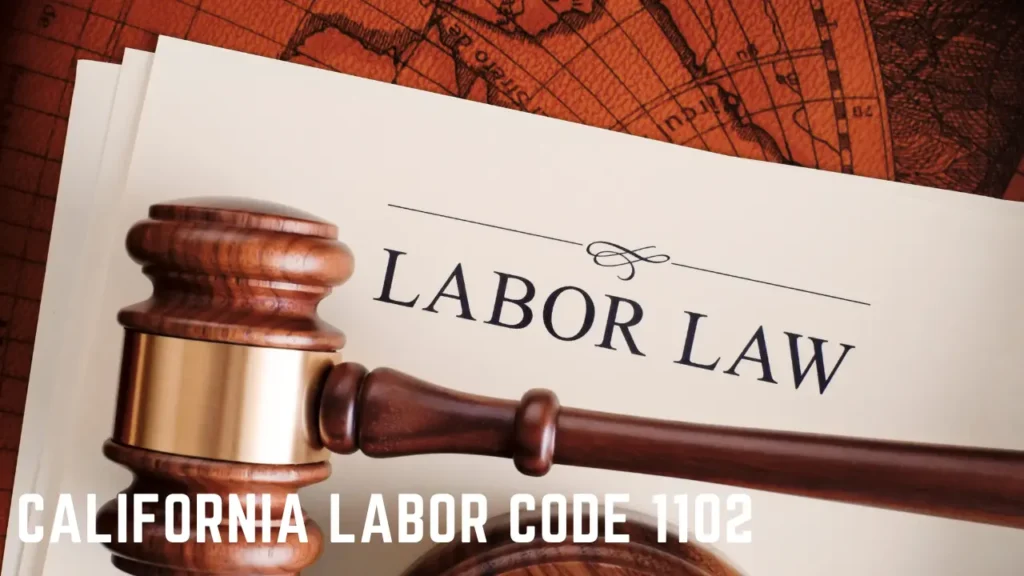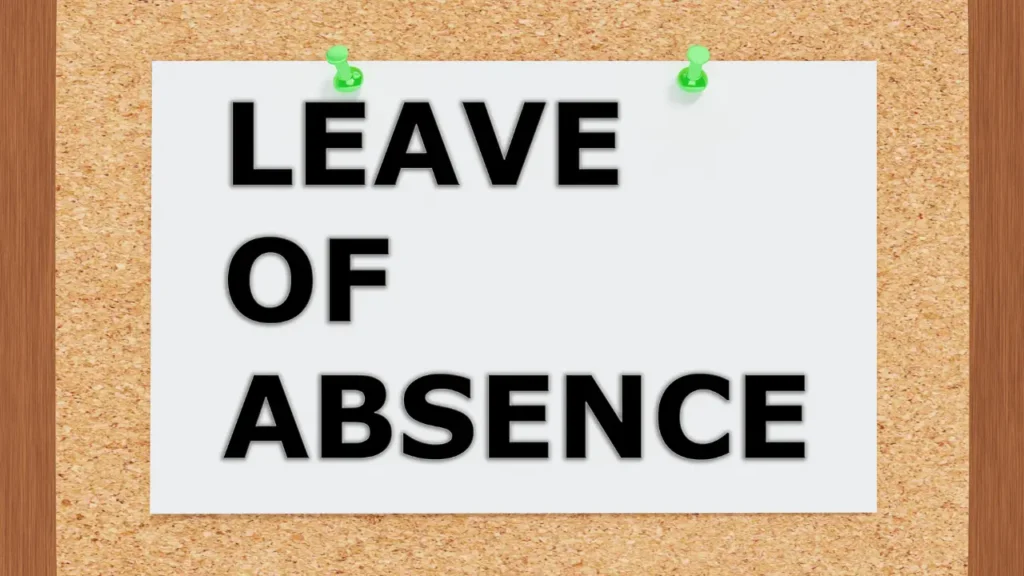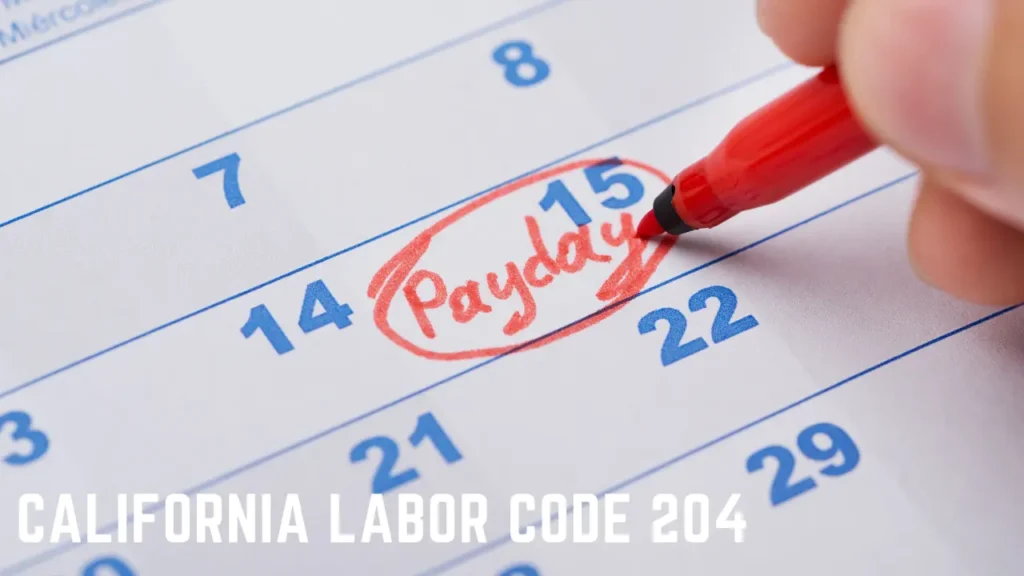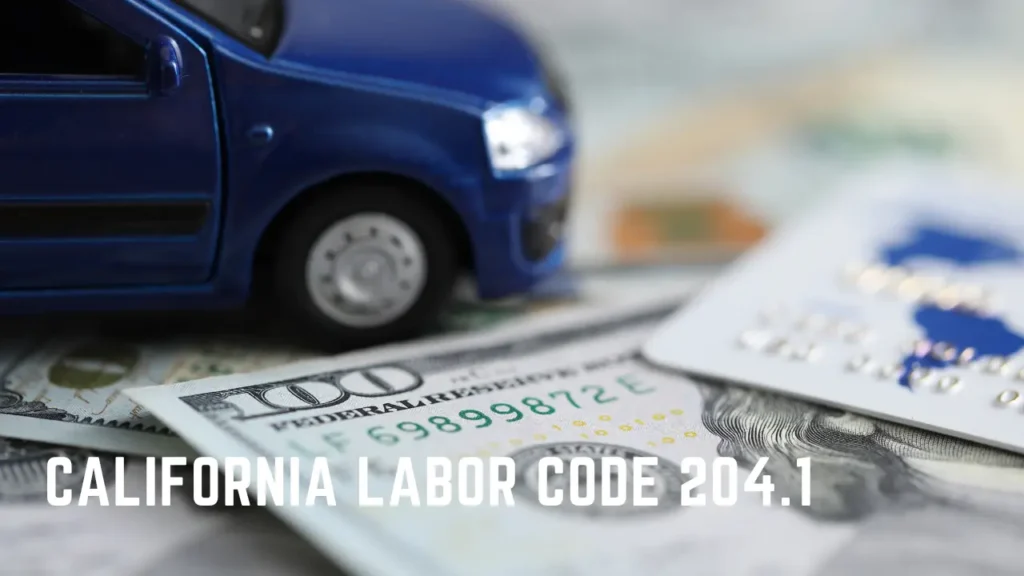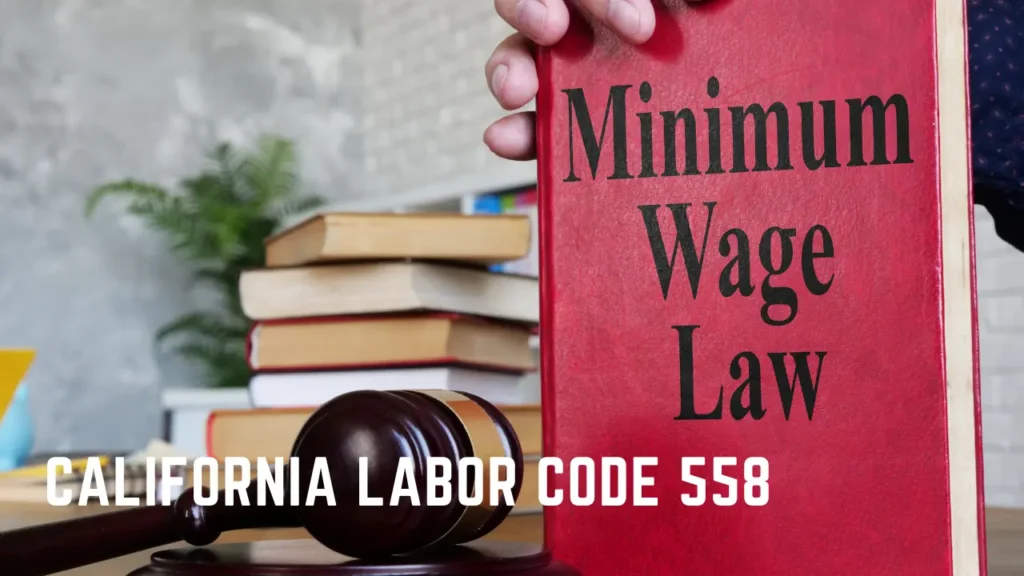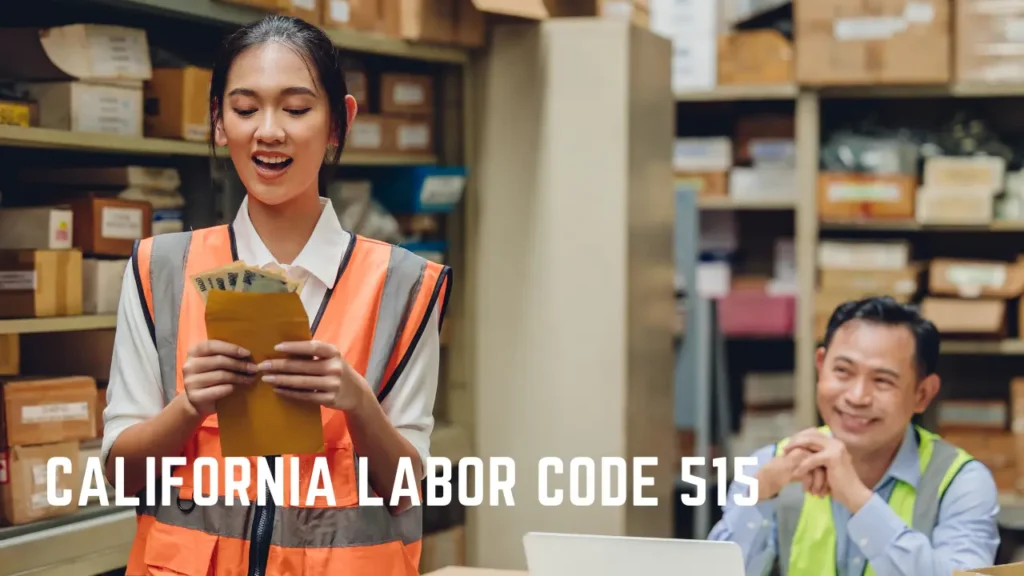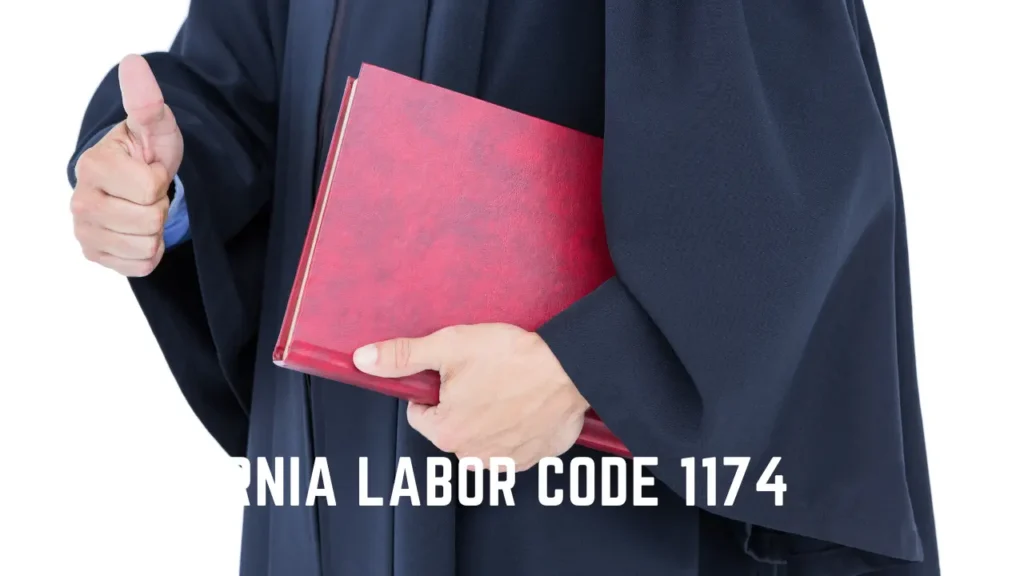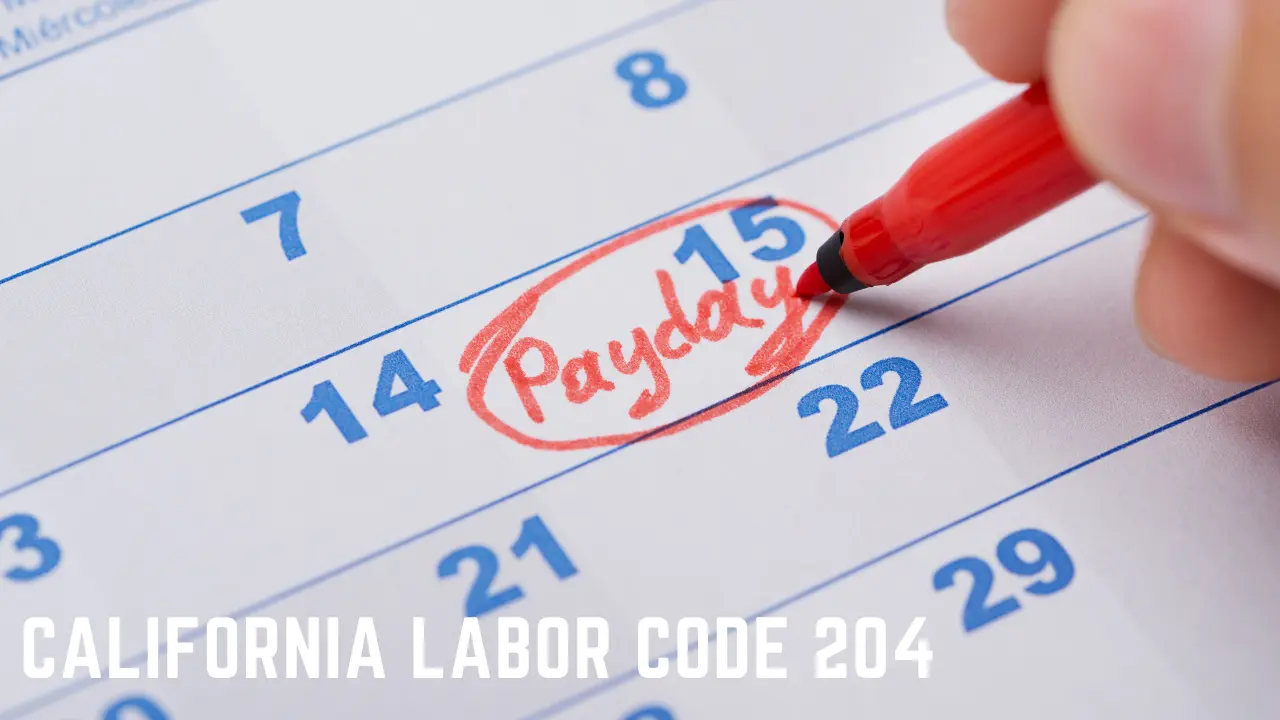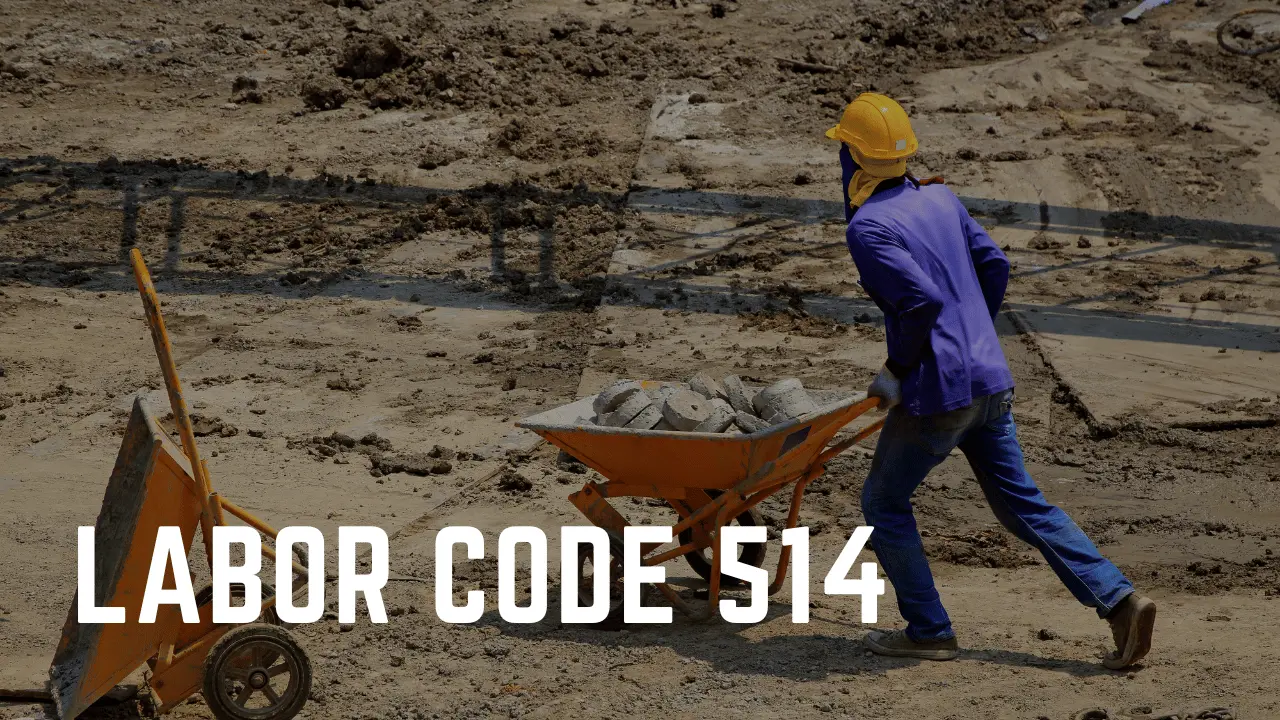Table of Contents
ToggleUnderstanding this code is crucial in averting and resolving potential labor rights violations, as legal entanglements could ensue from non-compliance, including tardy payments and non-remuneration for unused vacation. The exploration of relevant legal cases and associated laws can offer a broader perspective.
Yet, the question remains: how can knowledge of Labor Code 202 be effectively disseminated and upheld in the employment sector?
Understanding Labor Code 202
Delving into the specifics of California Labor Code 202, it mandates definitive rules for the timely delivery of final paychecks to employees who are leaving their jobs, whether due to termination, layoff, or voluntary resignation.
The code insists on immediate payment upon termination for employees who are fired or laid off. In the event of an employee quitting with at least 72 hours notice, their final paycheck should be provided on their last working day.
If an employee resigns without notice, the employer is obligated to deliver the final paycheck within 72 hours. Additionally, if such employees prefer, they can request their final wages to be mailed to them within the same 72-hour period.
This law ensures fair and prompt compensation for departing workers, protecting their rights and interests.
Rules for Final Paychecks
In understanding the intricacies of final paychecks, it’s imperative to adhere to the legal mandates outlined in various labor laws, ensuring that both employers and employees are aware of their respective obligations and rights.
The Labor Code 202 has explicit rules concerning final paychecks:
- For employees who are fired or laid off, the employer must provide their final paycheck immediately upon termination.
- If an employee quits and has given at least 72 hours’ notice, the employer must provide their final paycheck on their last day of work.
- If an employee quits without giving notice, the employer must provide their final paycheck within 72 hours.
- If an employee resigns without notice but requests that their final wages be mailed, the employer must comply within 72 hours of the request.
Payment Guidelines for State Employees
While these rules apply broadly, it’s particularly important to note the specific guidelines surrounding payment for state employees. These guidelines stipulate that state employees must receive immediate payment for unused vacation and other accrued time off upon separation.
Additionally, state employees have the option to defer these unused leave payments to their retirement accounts. This affords a unique opportunity for financial planning and future security. However, these deferrals must be in compliance with both federal and state laws to avoid legal complications.
Furthermore, state employees have specific election options available regarding these deferred payments. Adherence to these guidelines ensures that state employees are compensated adequately and fairly, thus upholding their labor rights protected under Labor Code 202.
Deferment Options for Unused Leave
Understanding the deferment options for unused leave is crucial for employees, especially those considering retirement, as it offers an opportunity for additional financial security.
- First, employees should be aware that unused vacation and other accrued time off can be deferred to retirement accounts, providing a significant boost to post-retirement financial resources.
- Second, it’s important to note that several election options are available to state employees regarding these deferred payments.
- Third, it’s worth noting that contributions to retirement accounts must comply with both federal and state laws, ensuring that retirement savings are legally protected.
- Lastly, employees should seek professional advice to navigate the deferment options, as the process can be complex and requires a comprehensive understanding of labor laws and retirement planning.
Legal Consequences of Late Payments
As we shift our focus from deferment options for unused leave, it’s equally crucial to explore the legal consequences of late payments to employees. Under Labor Code 202, employers are mandated to provide final paychecks promptly. Noncompliance attracts legal penalties, including paying the employee a day’s wage for each day the payment is delayed, up to a maximum of 30 days. This penalty, known as ‘waiting time penalty,’ is separate from the employee’s actual wages owed.
Furthermore, employers found guilty of willful non-payment may face misdemeanor charges. Legal recourse is available to employees through claims filed with California’s Division of Labor Standards Enforcement or through civil lawsuits, ensuring stringent enforcement of these provisions.
Employer Obligations for Unused Vacation Time
In the realm of labor law, a significant responsibility for employers pertains to the proper handling and compensation of unused vacation time when an employee departs the company. This obligation is enforced by Labor Code § 202, which mandates employers to compensate for unused vacation time as part of the final paycheck.
- Unused Vacation Time: It is treated as earned wages and thus must be compensated upon termination of employment.
- Compensation Rate: The payout for unused vacation time is at the employee’s final rate of pay.
- No Expiration: Employers cannot institute a ‘use-it-or-lose-it’ policy. Unused vacation time doesn’t expire and must be paid out.
- Penalties: Failure to comply may result in penalties under Labor Code § 203, including waiting time penalties.
Case Studies: Labor Law Violations
While the obligations of employers, including the correct handling of unused vacation time, are clearly outlined in the labor laws, there have been numerous instances where these laws have been violated, as illustrated by several case studies in labor law.
For instance, in the legal case of Southern California Pizza Co., LLC v. Certain Underwriters at Lloyds, London, the employer was found guilty of delayed payment of final wages. Similarly, in McLean v. State of California, the state was held accountable for not properly compensating for unused leave.
These cases highlight the need for employers to strictly adhere to Labor Code § 202, which sets clear guidelines for prompt payment of final wages, including unused vacation time, to protect employees’ rights.
Additional Statutes and Employee Rights
Beyond Labor Code 202, other significant statutes such as Labor Code 203 and 210 also play a vital role in safeguarding the rights of employees in California.
Labor Code 203 imposes penalties on employers who willfully fail to pay wages due upon termination.
Labor Code 210 sets forth penalties for an employer’s failure to pay wages as required under sections 201.3, 204, 204b, 204.1, 204.2, 204.11, 205, and 205.5.
These statutes are designed to ensure prompt payment, preventing employers from holding onto employees’ earned wages. They entitle employees to receive their final paycheck promptly upon termination, and if not, they may be entitled to waiting time penalties. These laws reinforce the fundamental employee rights to fair and timely remuneration.
Jonny Law: Legal Assistance
The Jonny Law provides essential legal assistance to employees in California who might be victims of labor rights violations. This group’s expertise lies in the comprehensive understanding and application of Labor Code 202, ensuring that employees receive their final paychecks promptly and according to the stipulated guidelines.
If employers fail to adhere to these guidelines, the Jonny Law can help employees receive their rightful dues. Their legal services are not only limited to paycheck disputes but also extend to other labor rights violations. With a team of experienced attorneys, the firm is equipped to handle a wide range of employment issues.
The Jonny Law commitment to protecting employees’ rights makes it a reliable ally in labor law disputes.
How to Contact for Support Services
Engaging the services of the Jonny Law involves a straightforward contact process designed to promptly address labor law concerns. Their commitment to swift and efficient communication aids in resolving employment issues effectively.
- To initiate contact, potential clients can call the firm directly on 1-(877)-SUE-MY-BOSS.
- Alternatively, a detailed message outlining the issue can be sent via their online contact form.
- This form also allows for the attachment of relevant documents, providing the firm with crucial context and information.
- It is important to provide comprehensive contact information including name, email, phone number and employer details to facilitate smooth communication.
These steps ensure that clients can access the support services of the Jonny Law with ease, leading to timely resolution of labor law issues.
Efficient Communication Tips
Having outlined how to establish contact with the Jonny Law, it is equally critical to discuss how to maintain efficient communication with them for optimal resolution of labor law issues.
The first step is to ensure that all relevant information is at hand before initiating contact. This includes details of the employment dispute, any relevant documentation, and a clear summary of the desired outcome. Respond promptly to any queries or requests for additional information from the Group.
Always communicate in a respectful and professional manner, irrespective of the nature of the dispute. Remember that the Group represents your interests and it is therefore imperative to maintain open, honest, and timely communication to facilitate an effective resolution to your labor law concerns.
Conclusion
In conclusion, understanding Labor Code 202 is essential for ensuring fair workplace practices, particularly regarding final paychecks.
The code outlines employer responsibilities, employee rights, and potential legal consequences for violations.
It is imperative for all parties in the employment sector to comprehend this code thoroughly to avoid legal complications and uphold labor rights.
For those needing legal assistance, professional services like the Jonny Law are available.

